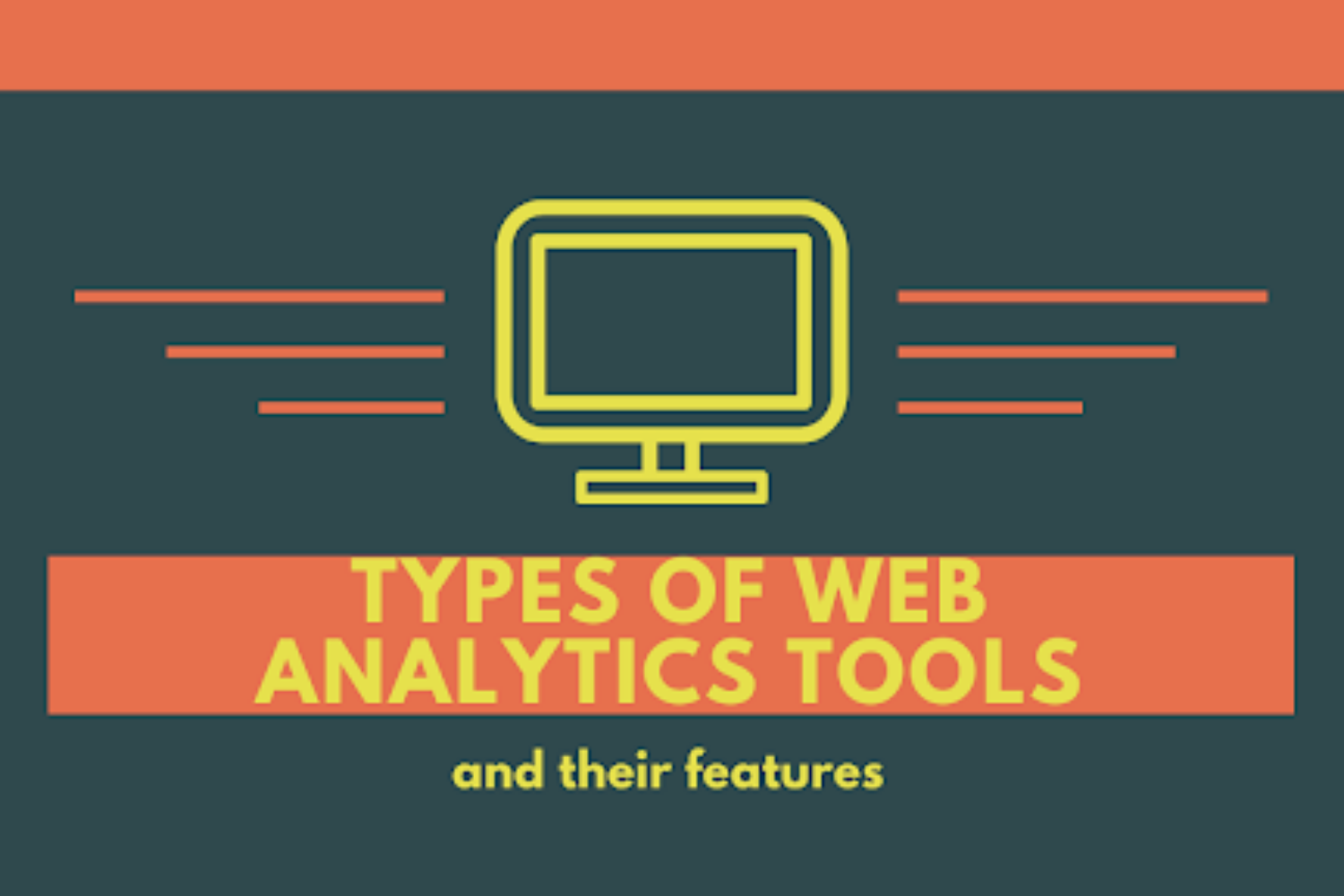Introduction
Web analytics, often known as online analytics, is the study of quantifiable and measurable data from your website to better understand and optimize web usage.
Web analytics is concerned with a variety of concerns. Some examples are as shown below:
- Comparison of visitor data to affiliate or referral data in great detail.
- Patterns of website navigation
- The total quantity of traffic that your website gets during a certain period.
- Data from a search engine
All the above data will be divided in an easily understandable manner by Web Analytics. After analyzing the data presented, a company can then realize which activities provide the greatest profit to the bottom line.
However, trying to comprehend your website visitors might be a bit perplexing. Each visitor provides his or her unique set of data to be gathered, measured, analyzed and reported.
Fortunately, there are various tools available that can convert all of that data into an easy-to-understand report that provides you with much-needed insight into your unique Web visitors.
Web analytics tools track, measure, and report website activities such as site traffic, visitor source, and user clicks. Using web analytics tools can assist you in figuring out what’s going on with your website and what’s working and what isn’t.
Let us now look at various Web Analytics tools available and their features
Types of Web Analytics Tools and their features
- Google Analytics – General Enterprise Analytics Tool
Google Analytics is one of the greatest free tools for tracking and analyzing web traffic that every website owner can utilize. You’ll be able to observe which keywords are driving the most traffic to your sites, as well as which features of your design are pushing people away.
- Ahref- SEO Analytics Tool
Ahrefs is primarily used to assess the link profile, keyword rankings, and SEO health of a website. Keyword research for Google, YouTube, and Amazon may also be done with Ahrefs. Many individuals use Ahrefs to locate content that has performed well on a specific topic regarding social shares and links.
- Adobe Analytics – General Enterprise Analytics Tool
Adobe Analytics lives up to Adobe’s illustrious reputation.
Managing your custom tags is one of the numerous challenges you’ll face with other web analytics platforms.
Changing the existing analytics code to allow registered users to be tagged is a common part of this procedure. However, you won’t need to involve an IT staff to set up a dynamic tag management system using Adobe Analytics.
Adobe Data also provides real-time analytics, which is critical if you need to make an “on-the-spot” presentation to potential investors and advertisers. You’ll also be able to measure user activity on social media, integrate third-party data, and track mobile viewers for your videos.
- Angelfish Actual Metrics
Angelfish Actual Metrics is a tool that makes it simple to see and understand how visitors interact with your site (or sites). Angelfish additionally maintain your aggregated data inside the bounds of your network, ensuring complete data protection and making it a viable Google Analytics alternative.
Angelfish will also assist you in tracking user activity on internal and (or) external web-based apps if your company employs them. This is one of Google Analytics’ most noticeable omissions, and it will provide you a more accurate picture of how your online platform is working.
- Kissmetrics – Customer Analytics Tool
Kissmetrics specializes in ecommerce and SaaS client data. Data on power users and other cohorts, as well as insights into which features are most popular and where your greatest customers originate from, may help both product and marketing teams.
It assists in identifying client groups that spend more and purchase more frequently and the items and offers that they respond to.
- Crazy Egg – Usability Analytics Tool
Crazy Egg is solely dedicated to tracking how people interact with your website and landing pages. It’s particularly useful for increasing conversion rates on sites where visitors are encouraged to take action. It includes heatmaps, scrolls maps, click reports, and user session recordings, among other tools to help you analyze how visitors use your website.
- Sprout Social- Social Media Analytics Tool
Sprout Social is a company that specializes in social media marketing
Sprout Social is a social media management application that does it all. It allows you to schedule and publish social media messages as well as track campaign results.
Using the tool’s major features, you can keep an eye on keywords and hashtags, assess your following base, and even track sponsored marketing initiatives.
- Optimizely – Testing Analytics Tool
Optimizely is a testing analytics software company that helps companies experiment with and enhance their products and websites. Engineers, product managers, marketers, and data scientists all use it, and it has a reputation for catering more to software developers than the other tools in this category. Even if you don’t have any technical knowledge, reviewers claim it’s straightforward to build up tests. Read more articles at Majorbrains – Top Digital Marketing Company in Pune

